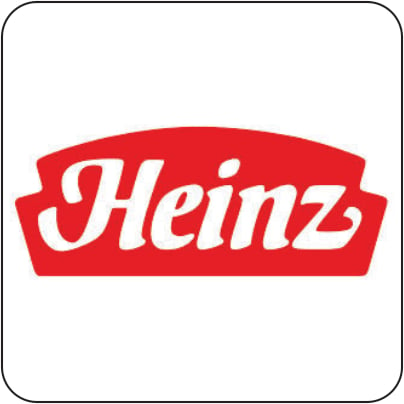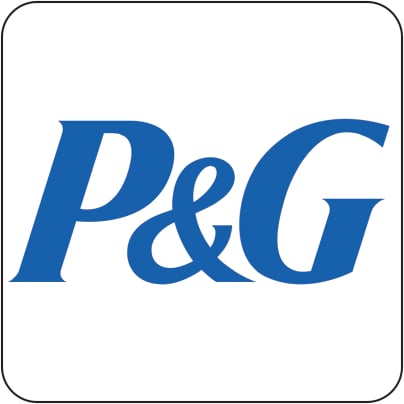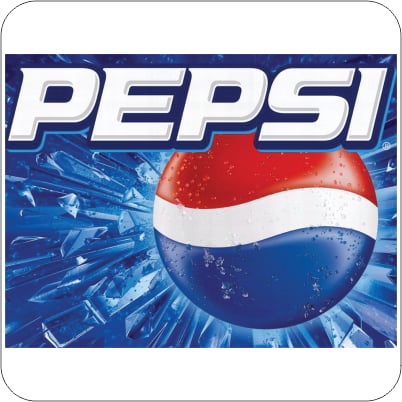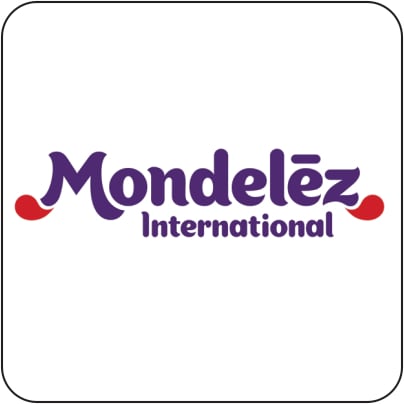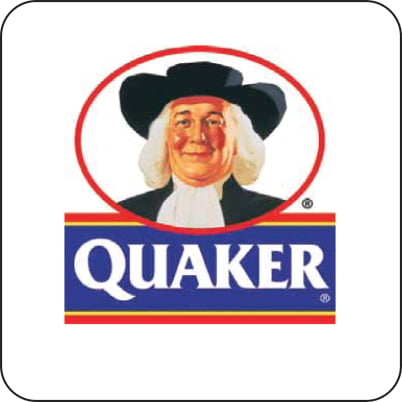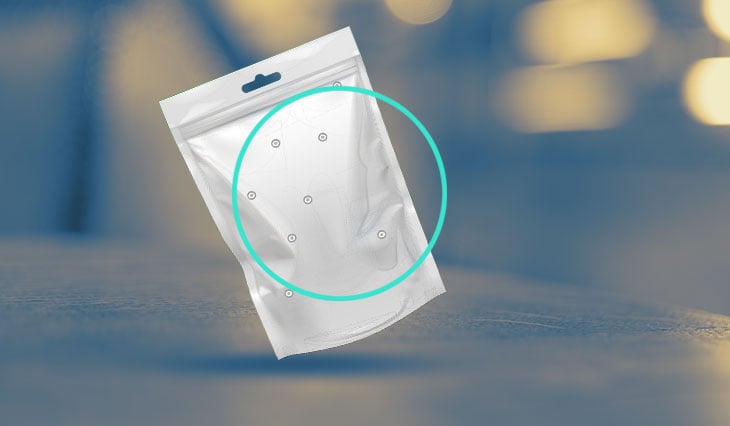
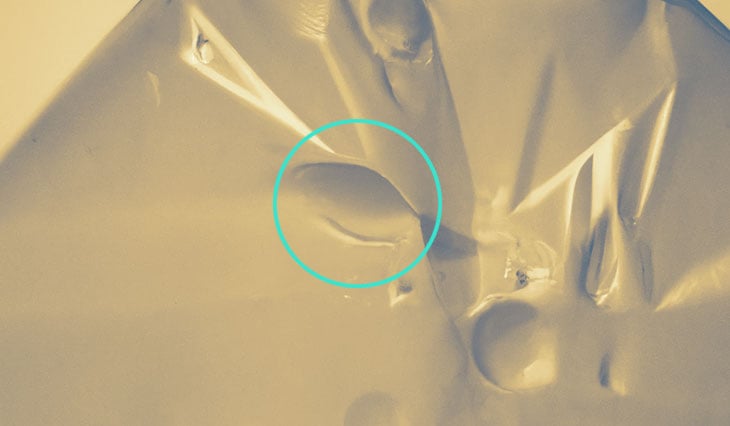
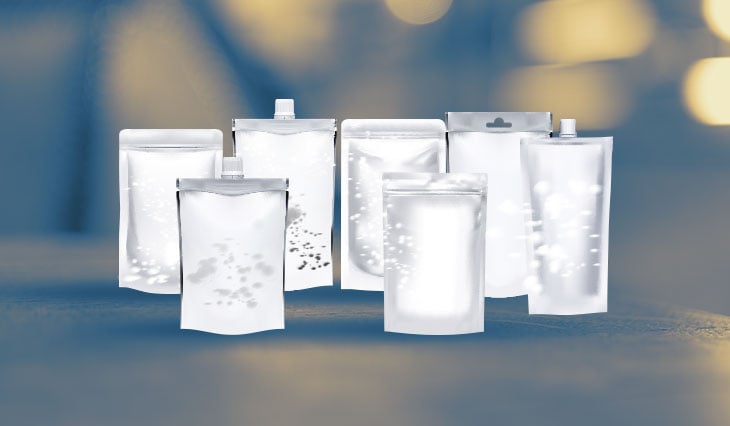
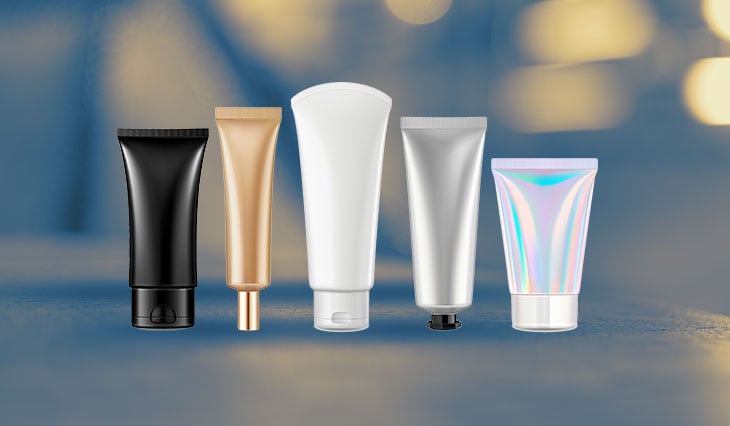
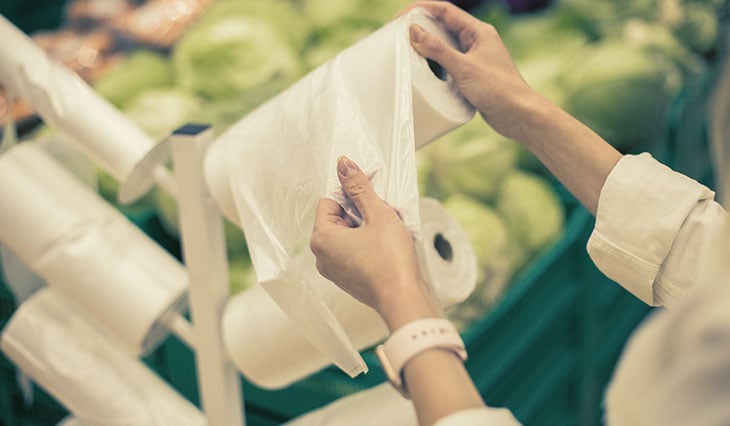
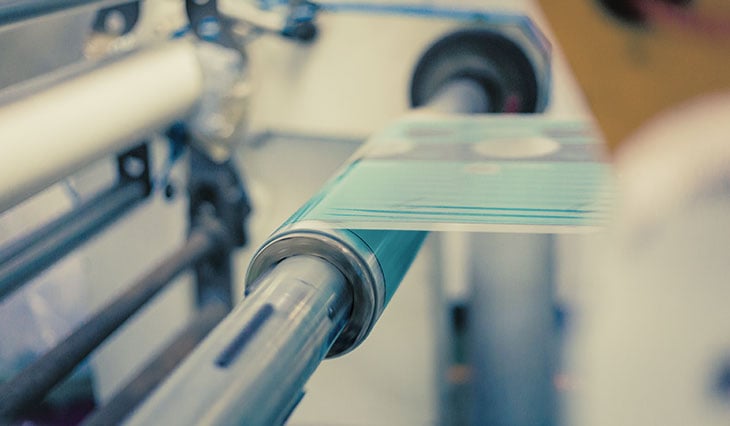
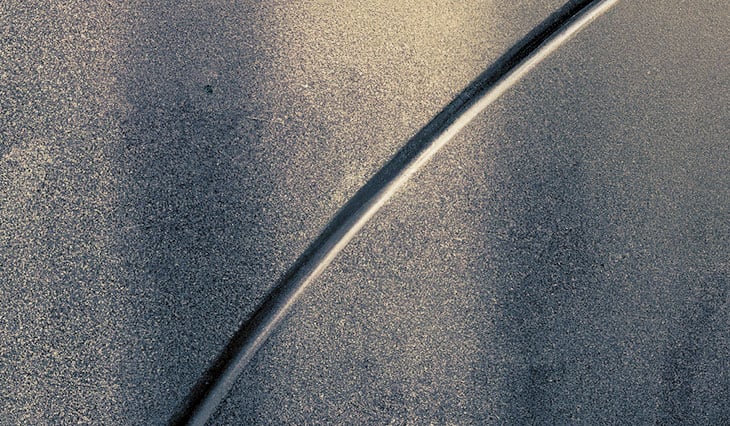
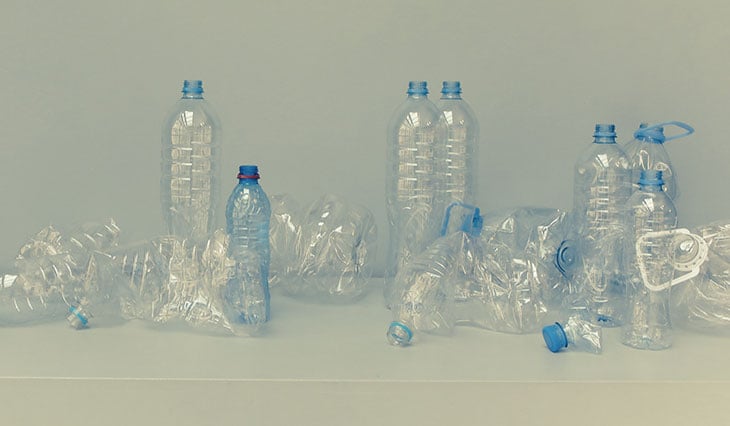
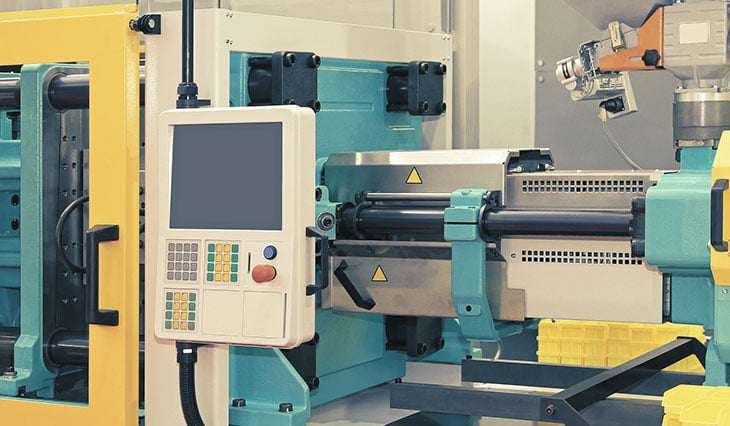
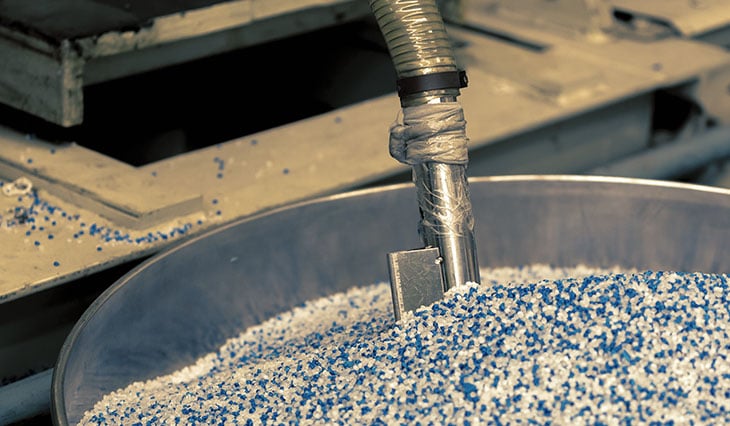
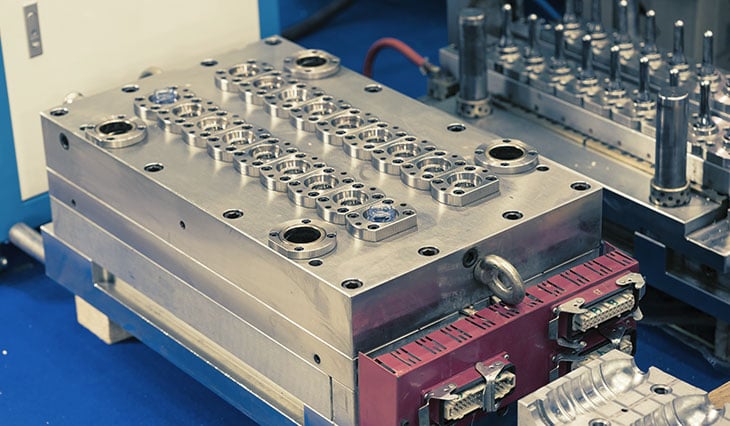
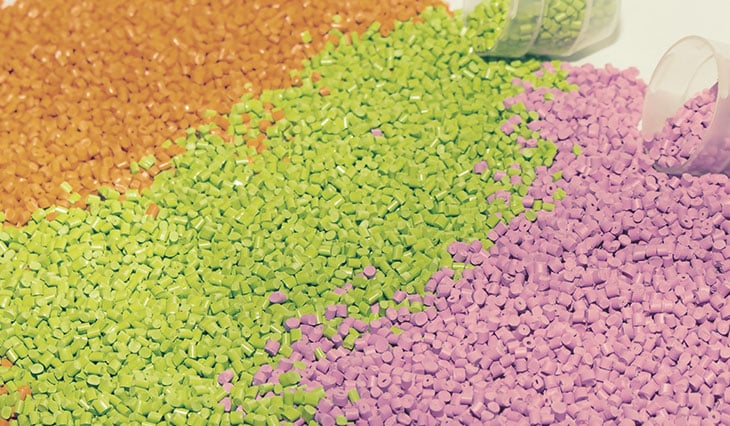
Achieving a dew point of at least -40 º C during the material drying process is critical for ensuring optimal quality in moulded components. Creating a lower vapour pressure on the surface of the resin lowers its moisture content and establishes an ideal condition to dry materials efficiently. Temperature, drying time and airflow also play their part as it depends on what type of resin you are using — but if your ultimate goal is high-quality production results, then maintaining that minimum value can make all the difference!
Bry-Air offers the ideal solution for drying hygroscopic and non-hygroscopic resins through its BHD series, Bry-Air Resin Dryers and Hot Air Dryers in varied sizes and capacities for your exacting needs.
Bry-Air resin dryers ensure superior control over dew point and temperature with their innovative BryWheel rotor technology. Constructed from a state-of-the-art honeycomb design, the advanced configuration of this product provides up to 25% energy savings compared to other available products in the market while achieving low dew points (down to -65°C). The flexible installation options enable optimal usage for single stations and multi-station configurations – delivering hassle-free solutions for all your resin drying needs.
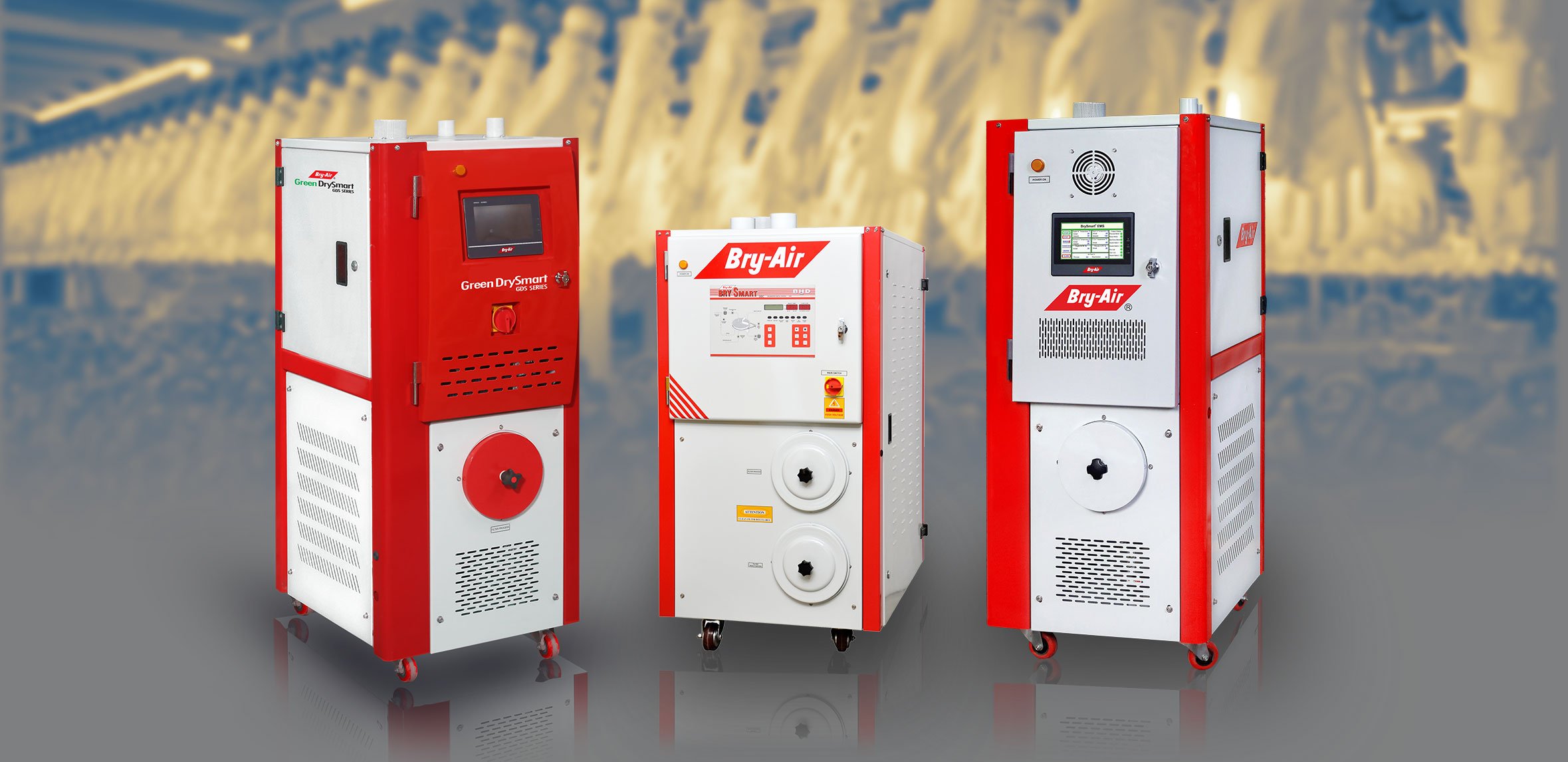
The Bry-Air EcoDry Mould Dehumidification System is an innovative solution that helps to prevent mould sweating in the plastic packaging material processing industry. This system uses a chilled water pre-cooling coil and advanced desiccant technology to create super dry air, which helps to prevent condensation on the mould. With the ability to reduce the dew point of the surrounding air around the mould up to -10°C, the Bry-Air Mould Dehumidification System is an ideal solution for preventing moisture-related problems in the injection moulding process.
Key Features
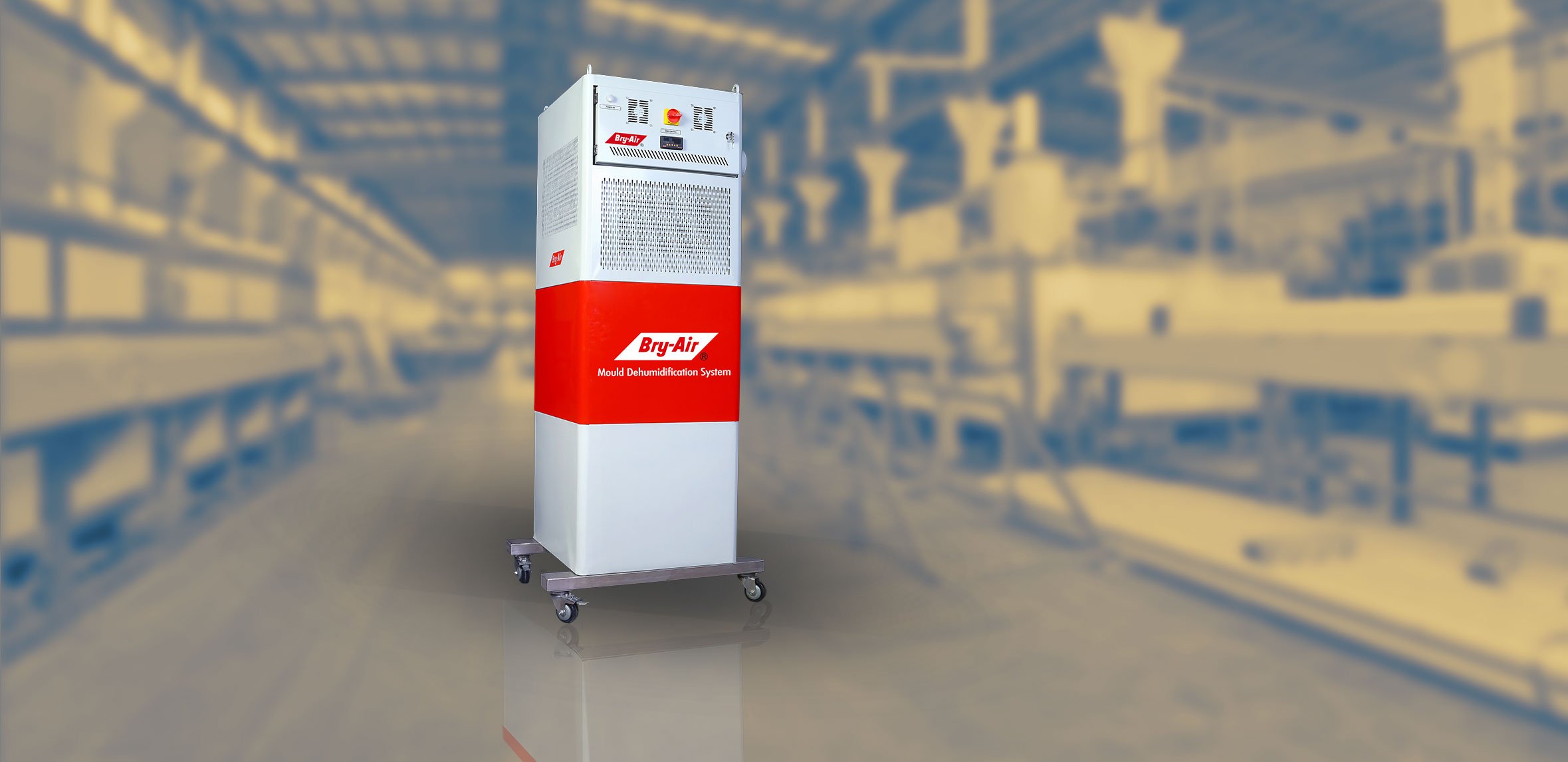
Designed to Mount on the Hoppers for plastic packaging polymers
The Bry-Air Nano Dryer Series is designed to integrate the “small footprint and finish” of a commercial unit with “the ruggedness” of an industrial plastic dryer. It can be directly mounted on a hopper to fulfil small plastic processing units’ dehumidification and drying needs. Due to its unique design, it requires no floor space.
Key Features
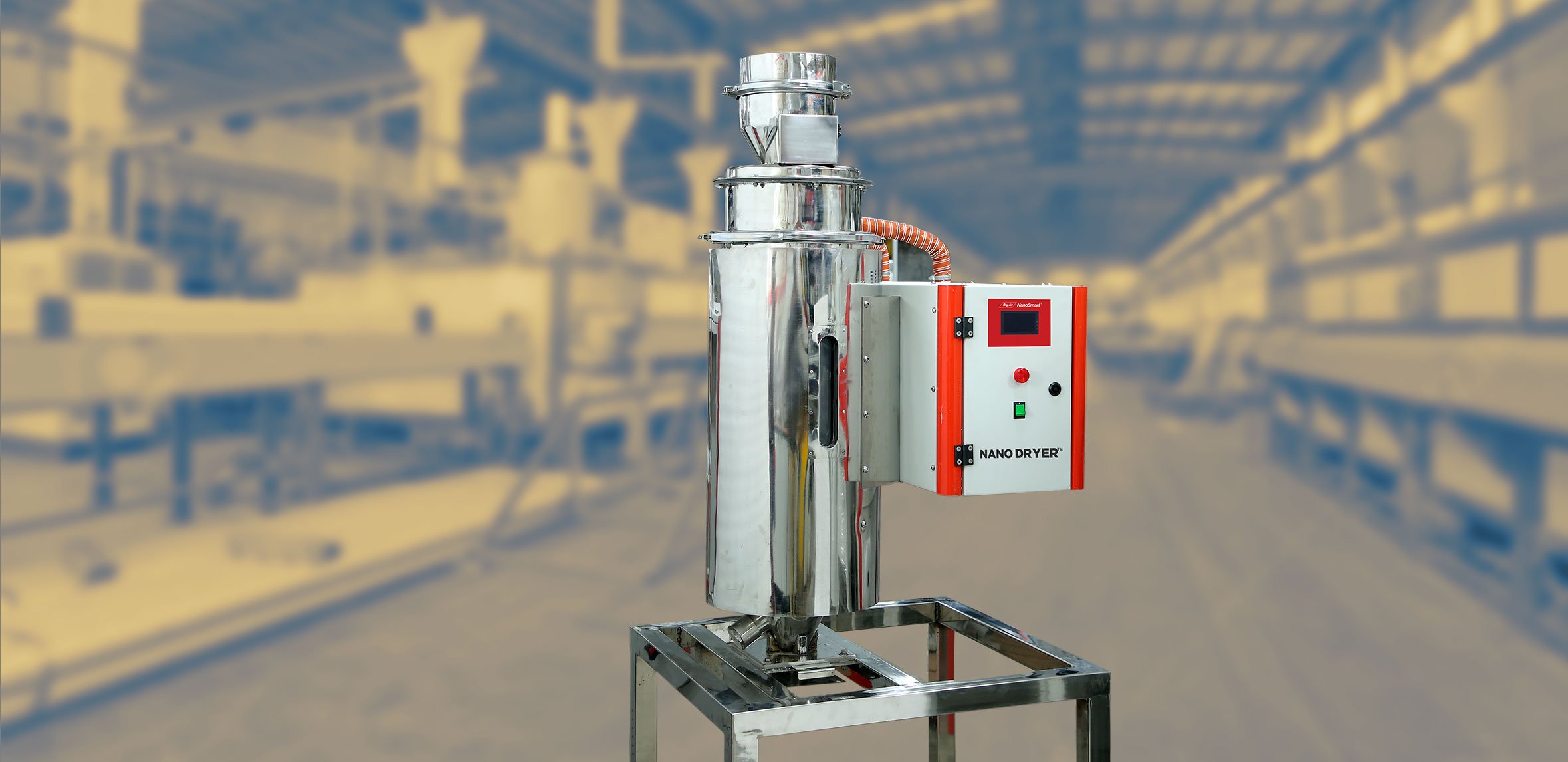
The Moisture Minder™ accurately displays the moisture content of plastic pellets, flakes or regrind in % or PPM (parts per million) in actual conditions. Moisture Minder™ sensors can be retrofitted to any drying hopper, silo, material line or machine throat. The moisture readings are displayed on a colour touch screen control which can display data for up to eight hoppers.
Key Features
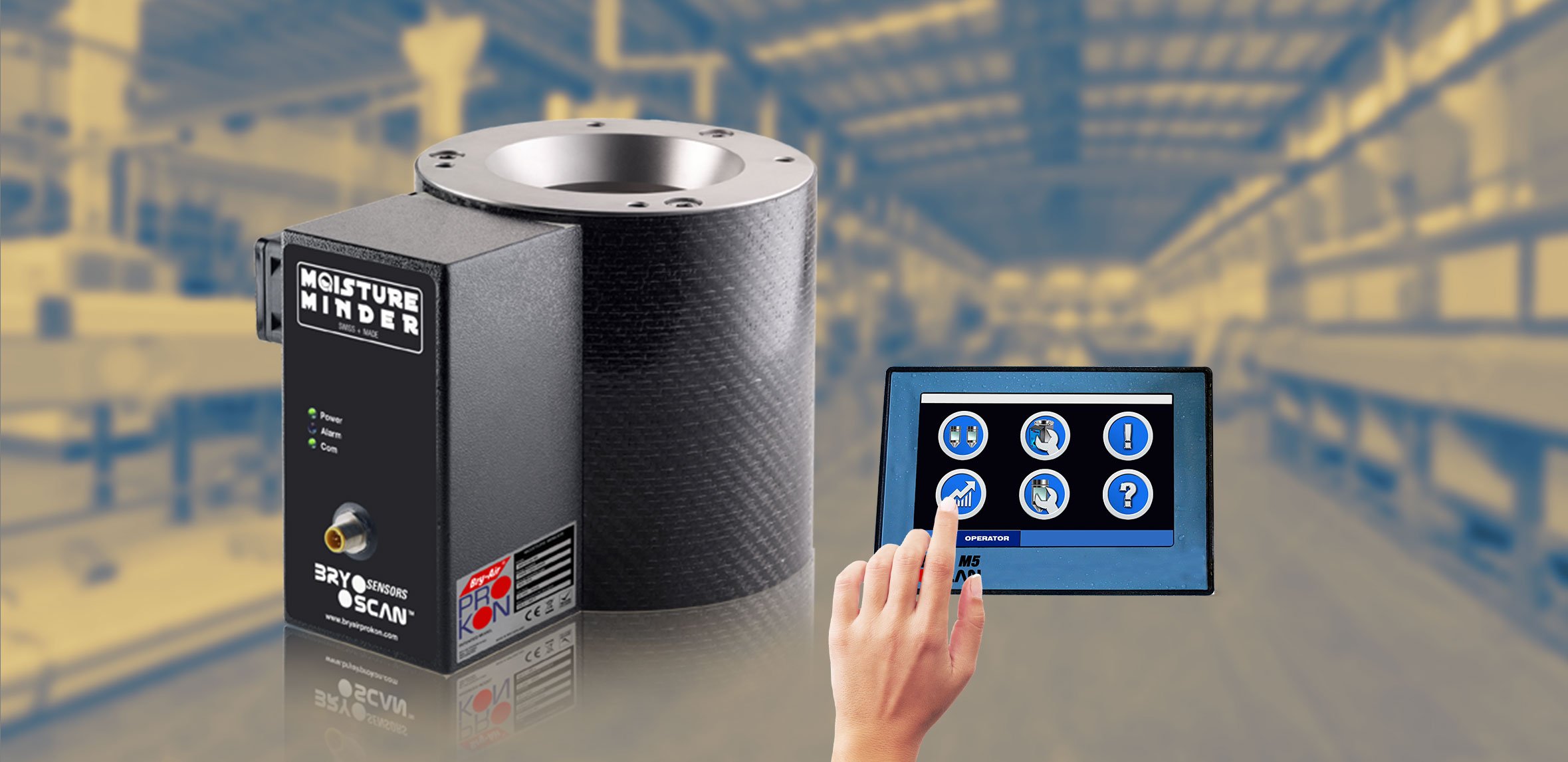
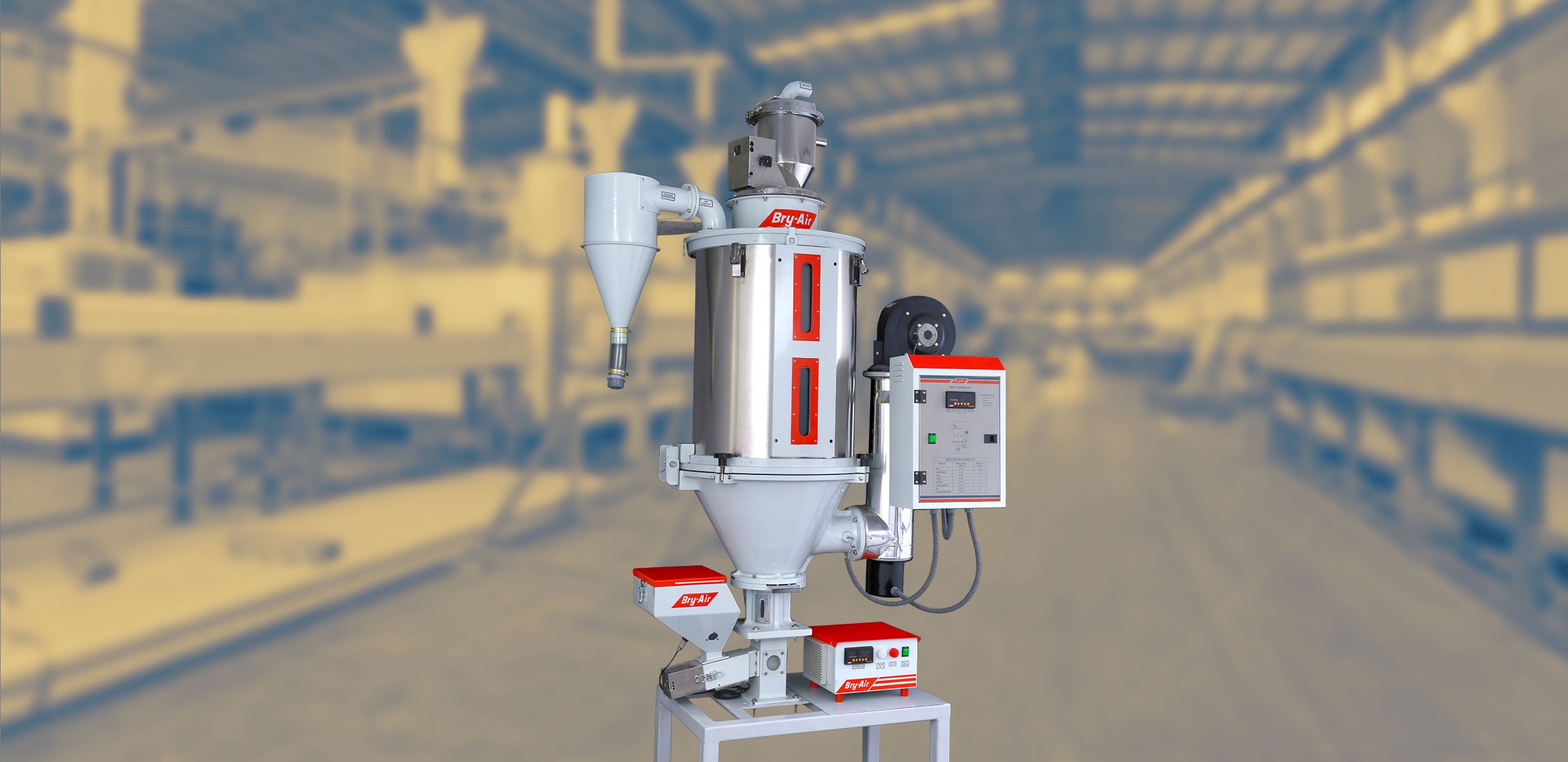
Bry-Air, a leader in Plastics Drying in India and North America since 1979, has provided the latest and most advanced drying, conveying, and mould dehumidification solutions to the plastics processing industry.
Our accumulated experience of over half a century in the plastics industry enables us to provide plastic dryers and other ancillary equipment to meet the exact needs of today’s plastics processors. Bry-Air’s experience in the industry is job-proven, and continuous efforts to improve designs, machinery and production methods are integrated into everyday work so that everything we make increases our customers’ efficiency, productivity and profits.
Bry-Air’s Plastics Division has many firsts to its credit, to name a few - the first Plastics Dryer introduced in India in the mid-’80s, the most advanced inline moisture analyser, “Moisture Minder” in 2015, etc., all are testimony to Bry-Air’s deep understanding of the plastics customer and industry requirements to deliver world-class solutions.


